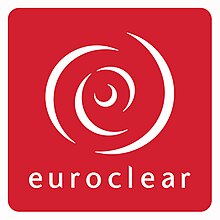Projects

IoT Project: DatalogBridge
May 2024 – Sept 2024

Master Thesis: Innovating Financial Settlement Processes through Advanced Simulation and Process Analytics
May 2023 – June 2024
